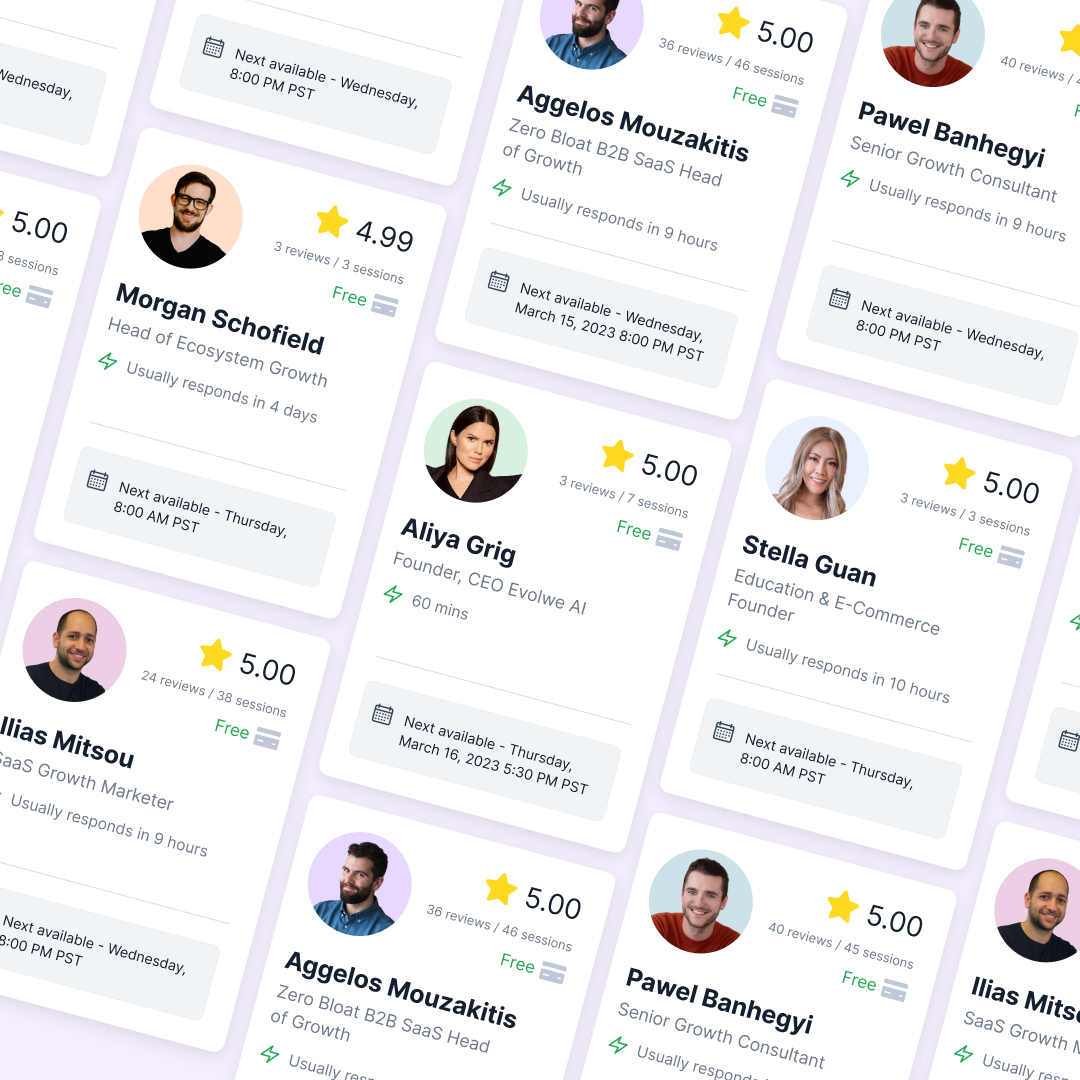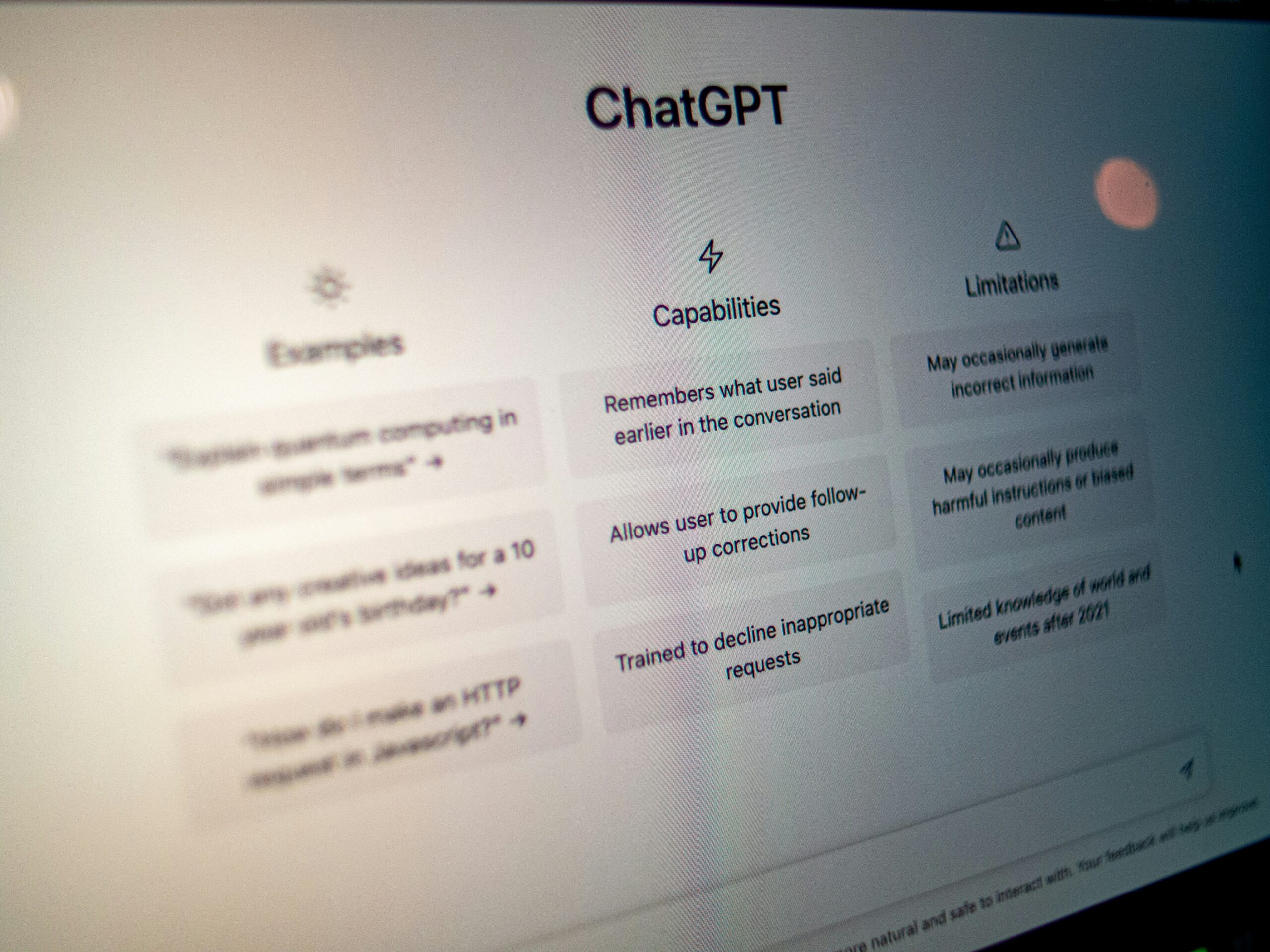Information Gain in SEO: What it is and How to Boost Your Score
If you’re one of the content marketers or SEOs worried about what Google’s latest updates might mean for the future of content, it’s time to up your SEO game.
And we got an inside scoop from Maeva Cifuentes, Aatif Mohd, and Mile Zivkovic on how you can do just that without needing herculean efforts.
Let’s talk about one of the less commonly known parts of Google’s algorithm: information gain.
Your Featured Mentors

SEO Consultant/Advisor

SaaS Content Marketing Strategist/Manager/Writer

CEO and Founder of Flying Cat Marketing
What’s Information Gain
Google has always taken “a good user experience” into account when ranking sites. This includes considerations like page load speeds and good internal linking structures.
But Information gain is a slightly different take on improving the user experience.
Aatif broke it down for us as:
“Information gain is nothing but how do you add more value to a user’s experience? So if a certain page talks about a list of 10 things, can you provide 12 things to a reader? And it’s not always going to be qualitative with regards to numbers per se, but it can also be content quality and the kind of insights that you are delivering.”
If this sounds similar to “10X” content approaches, you’re right. But, this isn’t always just about the content. At its core, Google is looking for: “how much net new information is your article contributing to the web?”
And our mentors had some easy-to-implement suggestions on how to do just that.
Ways to Add Information Gain
Our panel broke down five different ways to increase your information gain score. Consider adding:
Firsthand Experience: Naturally, if you’re speaking from your own experience, you’re adding net new information. This is a double whammy if you’re using your storytelling skills to spin that experience in an engaging way.
And these don’t have to be earth-shattering revelations. As Mile pointed out, sometimes it’s as simple as taking the time to trial software when you’re writing a review.
Plus, this approach works wonders for using AI safely in your content creation process too.
Expert Quotes: Any time you can add insights from subject matter experts, it’s a net positive for your information gain score.
But not all of us have subject matter experts easily accessible. In this case, take Mile’s approach and spend time on Reddit, LinkedIn, Facebook groups, or forums where you can find insights you otherwise wouldn’t have access to.
Rich Media Formats: In an example of increasing the information gain score of this article, we’ll let Maeva explain why rich media is important:
“We’re very heavily focused on written content in SEO. But if you look at actual publishers’ websites or a lot of the really SEO heavy kind of websites, they have options like listen to this blog post and it’s an audio version of it or lots of videos, something that’s interactive and gets people to click around. So adding different ways for users to consume the content is very helpful.”
Graphics (that aren’t stock): For those of us used to working with words rather than images, this may seem intimidating. But, it doesn’t have to be.
Screenshots are the easiest example. As long as they’re high quality, you’ve added value.
The next example is graphs or tables. Mile notes it doesn’t have to be time-consuming:
“Let’s say you have a graph where you have a division or a table that you can actually find on some other website. You don’t have to pay a designer or spend five hours on it. Just go to Canva, recreate that version of the graphic yourself, upload it, and provide additional value there.”
Accuracy: This one may seem like a no-brainer, but it’s often overlooked. Just take a look at the SERPs and see what’s currently ranking for one of your keywords of interest. You’re bound to find all kinds of out-of-date info.
So take advantage and do your research instead. Simple tasks like taking the time to add more recent customer reviews, updated pricing information, or walkthroughs can pay dividends.
How to Figure Out If Your Content is Successful
Since information gain is about providing a better customer experience, measuring success comes down to user engagement.
So if you want to add some structure to your success metrics, consider these four points Aatif suggested:
- Time on page
- Scroll depth
- Engagement with interactive content or lead magnets
- Conversions
All of the above are good proxies to estimate whether a reader is finding your content useful.
If an article performs well on the above metrics, take time to break down what you did. Did you add your own experience? Did you talk to subject matter experts? Did you do more in-depth research?
After getting a few “greatest hits,” you’ll likely start to see patterns on what’s resonating with your audience. And you can use that data in future articles to keep churning out top-performing content.
Want even more insights on SEO and content from Maeva, Mile, and Aatif? Then watch their mentor panel, Surviving Google’s March Core Update, for a knowledge-packed hour.
And if you want personalized advice, become a GrowthMentor pro member and book 1:1 calls with them today!
Ready to boost your SEO skills?


